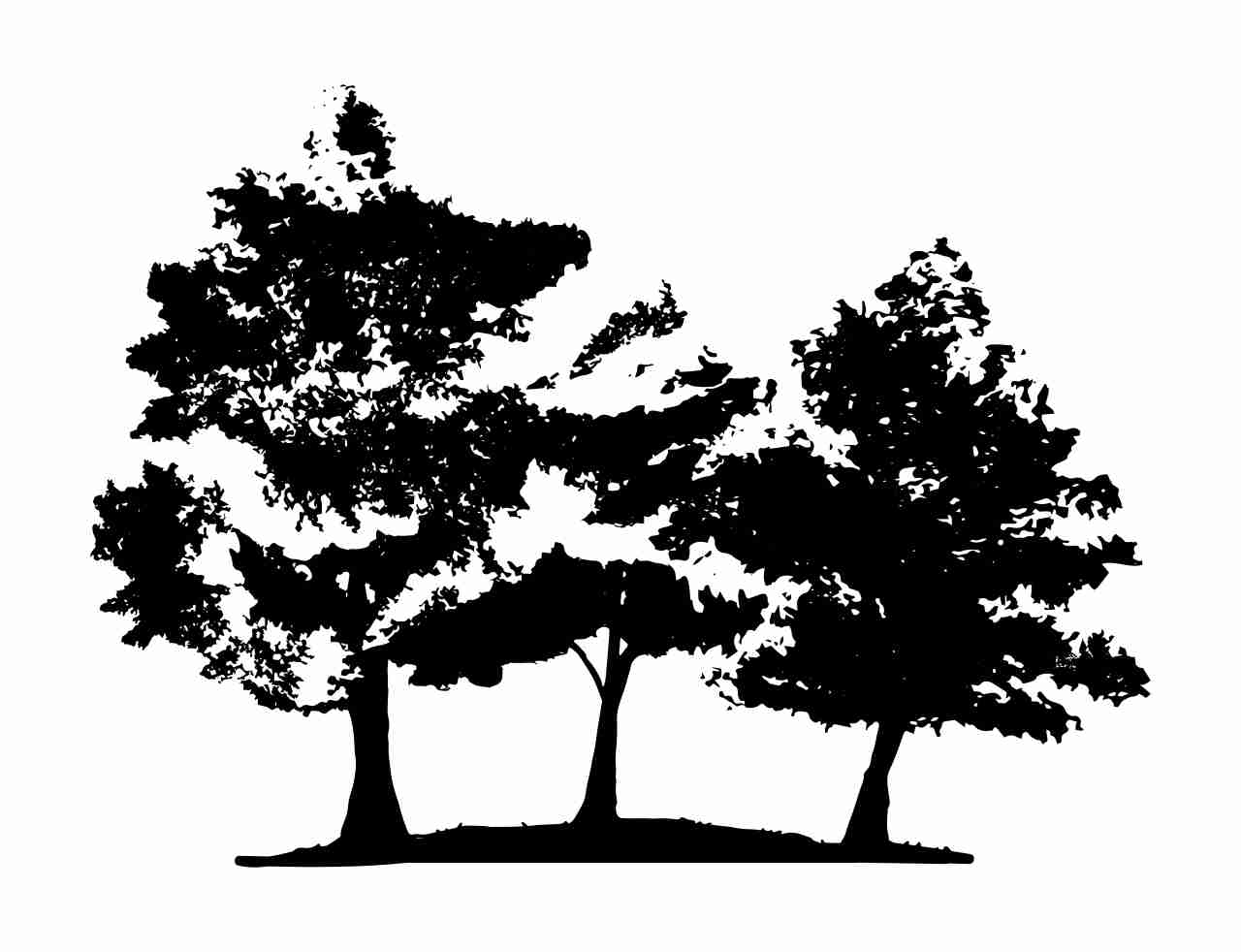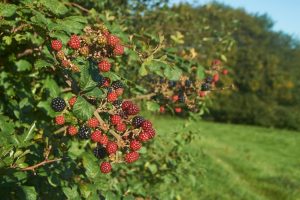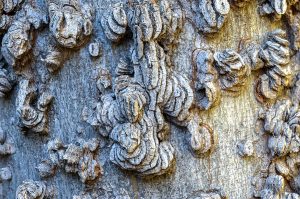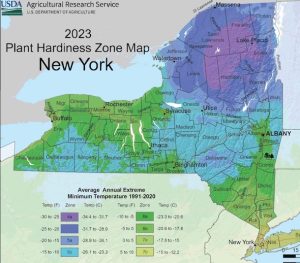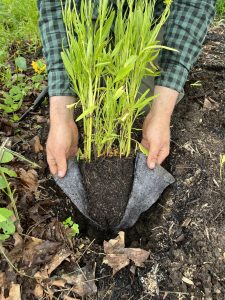- Nursery Shop
- Learn
- Blog
- Harnessing Nature to Stabilize the Climate and Adapt to Change
- A Conversation about Agroforestry and Biochar for Ecological Restoration and Resilience
- American Persimmon – Eating the Fruit of the Gods
- Biochar Bill Would Allocate $250 Million
- Biochar Agroforestry Research Project Launched
- Oak: An Ecological Powerhouse
- Honey Locust: Loved by Livestock and People Alike
- Top Five Native Northeastern Wildflowers
- Making Biochar Compost
- How to Plant a Chestnut Tree
- About
- Contact
- Nursery Shop
- Learn
- Blog
- Harnessing Nature to Stabilize the Climate and Adapt to Change
- A Conversation about Agroforestry and Biochar for Ecological Restoration and Resilience
- American Persimmon – Eating the Fruit of the Gods
- Biochar Bill Would Allocate $250 Million
- Biochar Agroforestry Research Project Launched
- Oak: An Ecological Powerhouse
- Honey Locust: Loved by Livestock and People Alike
- Top Five Native Northeastern Wildflowers
- Making Biochar Compost
- How to Plant a Chestnut Tree
- About
- Contact

